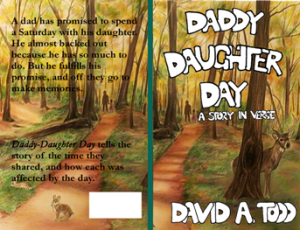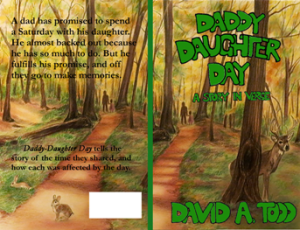After a very busy week writing in my work-in-progress, a novel, I had two not-so-busy weeks. Each week I added words, even having a couple of days with a what I consider a good word count. However, I could have done better. Still, Adam Of Jerusalem now sits at over 25,000 words. I’m close to 1/3 through, depending on what the final word count turns out to be. I’m shooting for 80,000, though not sure it will be that high.
But, I find my mind turning away from the novel to…poetry. No, I’m not writing some new poetry, but am thinking of submitting some to a magazine or two.
I have never completely left poetry while concentrating on prose. I still monitor the poetry critique board at Absolute Write and post a critique from time to time. I’m currently reading a book on Robert Frost (will post a review in due course), so that has increased my interest.
So when I saw an internet post about a magazine that is dedicated to short poems, and that the submittal deadline for their next issue is the end of this month, I took notice. For the last ten to twelve years almost all the poems I’ve written are short ones: haiku, cinquains, a rhyming quatrain or two. Some of these I think are pretty good, especially the haiku.
So, I’ve made up my mind to make a submittal to this magazine. My main problem is I haven’t done a good job of keeping track of what poems I’ve written for the last decade. Most of them are on one of two places at the house, I think; though a few may be hiding in the pages of the blue folder I carry from home to work and back each day, with whatever papers I think I need.
Tonight I start the process of finding my short poems, preparing them for a proper file, and deciding what to submit. The mag says it wants ten poems, submitted by e-mail by 30 June. I should have no problems meeting that deadline, so long as I get started tonight. Possibly I’ll report back in Friday’s post whether I’m on track or not.
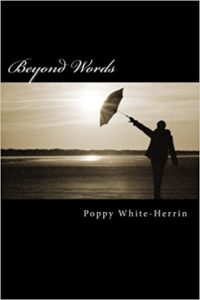
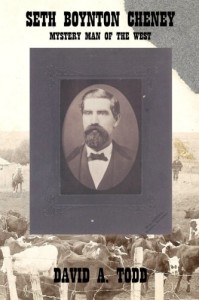

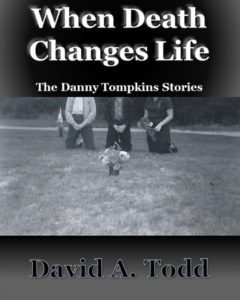


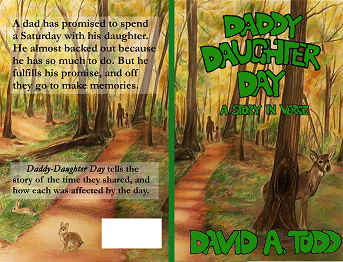 Well, I did it. After years of having the book done, but wanting to do something a little different with the production, I finally decided this was the time, and published my poetry book Daddy-Daughter Day.
Well, I did it. After years of having the book done, but wanting to do something a little different with the production, I finally decided this was the time, and published my poetry book Daddy-Daughter Day.